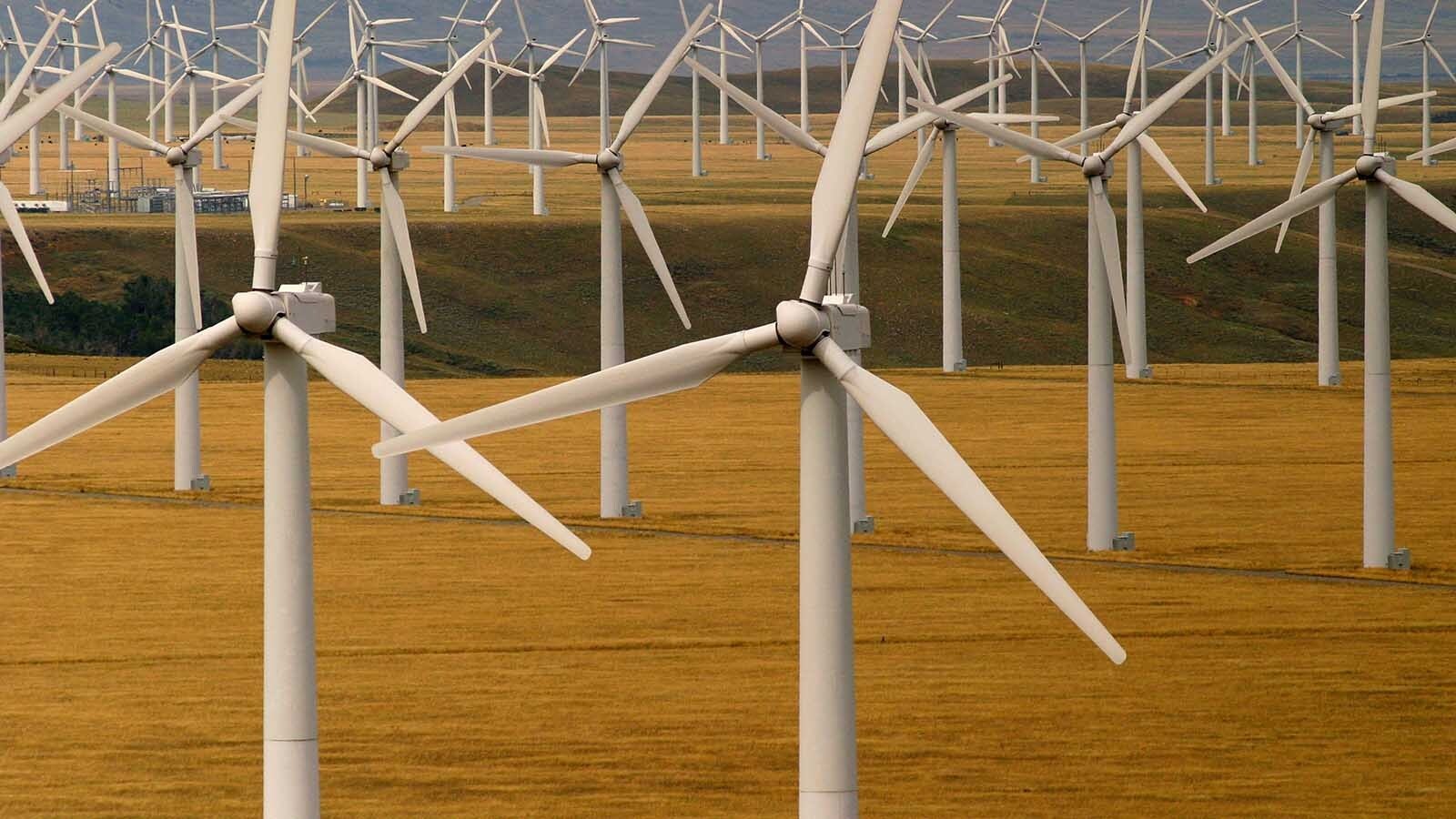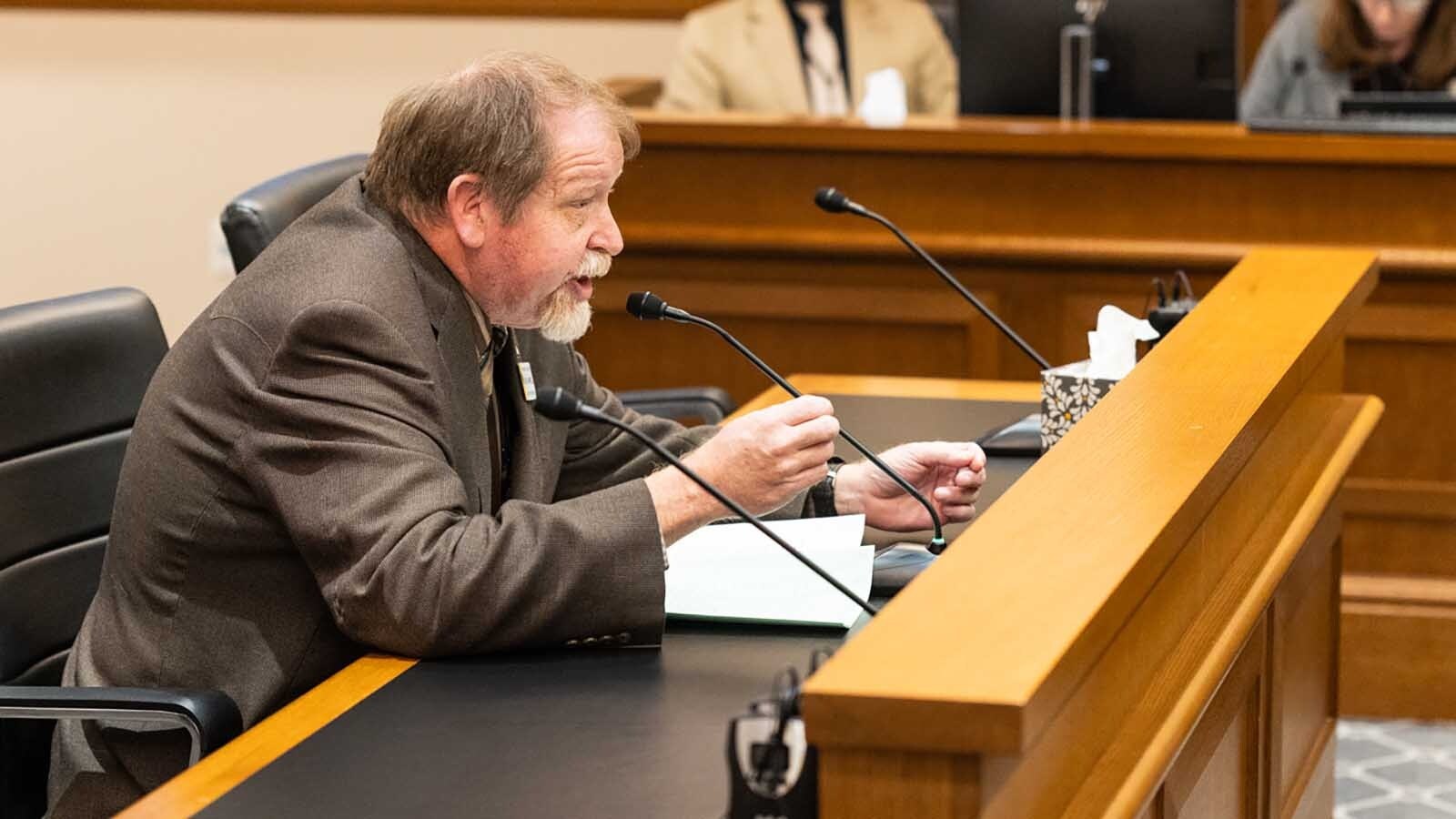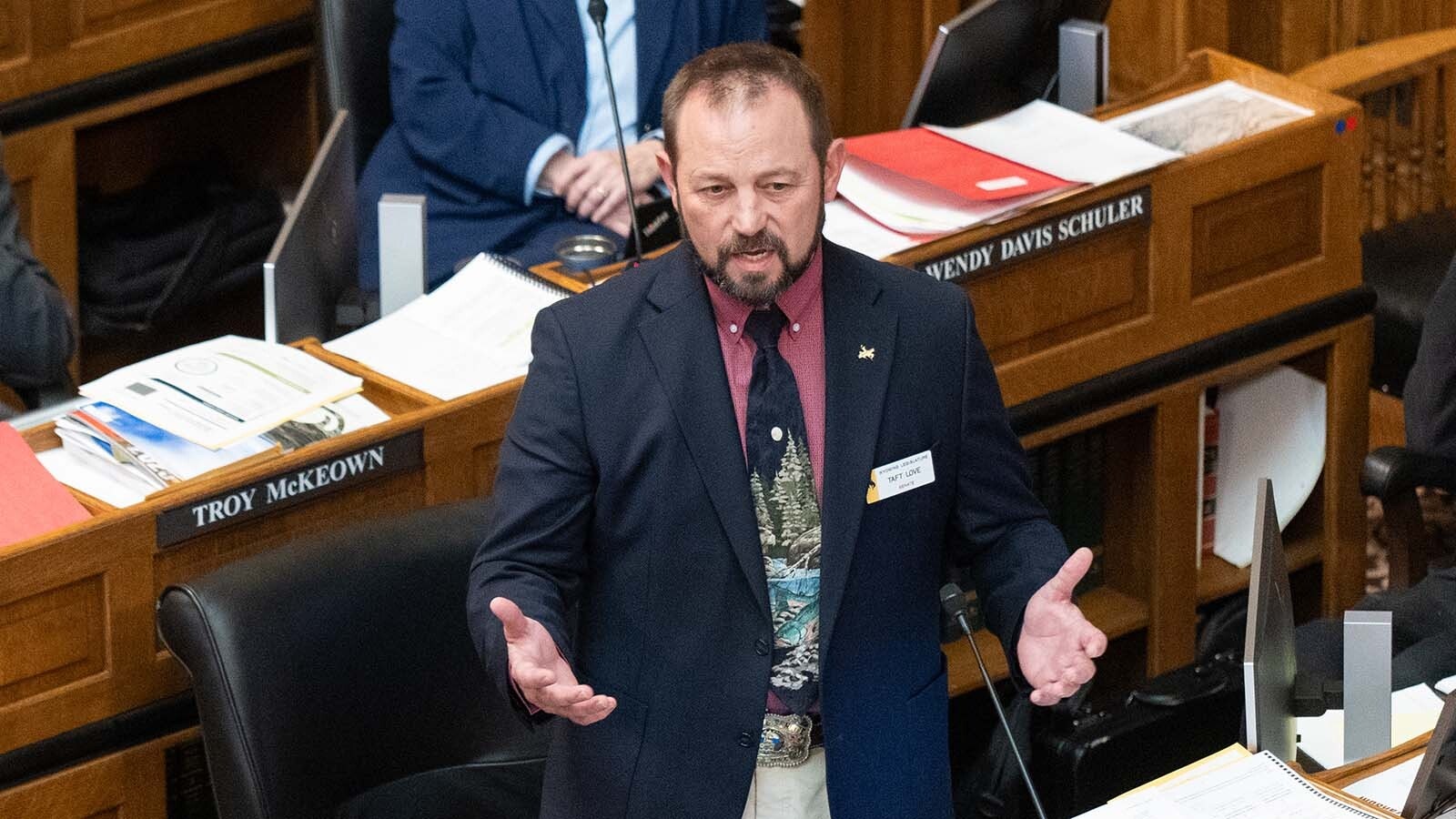A study published this month in the peer-reviewed journal Science accuses ExxonMobil of documenting research confirming the relationship between carbon dioxide emissions and warming temperatures while trying to deceive the public into thinking the link was uncertain.
Critics say the researchers who authored the study are biased activists and their conclusions skewed to serve a political agenda and help with lawsuits against the company.
“There is sufficient ‘play’ and complexity in their methods that anyone getting expertise in this work probably stands to make some bank in the court cases for which this research is designed,” tweeted University of Colorado – Boulder professor Roger Pielke Jr.
‘Internal Memos’
According to the study, internal company memos show that scientists at ExxonMobil knew since the 1970s that carbon dioxide emissions could lead to global warming.
“In 2017, for instance, we demonstrated that Exxon’s internal documents, as well as peer-reviewed studies published by Exxon and ExxonMobil Corp. scientists, overwhelmingly acknowledged that climate change is real and human-caused,” the authors of the study write.
The lead authors, Naomi Oreskes and Geoffrey Supran, then pick examples from company memos and press release materials that express uncertainties.
For example, in 2013, ExxonMobil CEO Rex Tillerson said, “There are other elements of the climate system that may obviate this one single variable [of burning fossil fuels] … And so that’s that uncertainty issue.”
In his Twitter thread on the study, Pielke sums up its conclusion as, “Decades ago, ExxonMobil understood as much about climate change as did academic and government scientists.”
Public Information
Mandi Risko, spokesperson for Energy in Depth, told Cowboy State Daily that the researchers are using a flawed 20/20 hindsight view that wants to hold scientists at Exxon accountable for forward-looking projections that tracked closely to real-life observations decades later.
The study’s ultimate conclusion, which is that Exxon knew fossil fuels were contributing to climate change and should therefore be held liable in court, hinges on a sample size of 12 climate models the study attributes to the company, some going back as far as 1977.
Critics like Pielke have pointed out that these models are public information and can hardly be evidence of some secret knowledge the company had but withheld from the public.
One of the models is pulled from the Working Group 1 contribution of the third assessment of the International Panel on Climate Change, a government consortium of the world’s leading climate scientists. More than 100 lead authors compiled the report and it was reviewed by 420 experts. It was then widely distributed among the scientific community and the public.
“Unfortunately, what we’re dealing with here is a biased report authored by someone who serves as a paid consultant to the law firm bringing lawsuits across the country against domestic energy producers,” Risko said.
Fundamentally Flawed
Supran was interviewed in 2021 by Bulletin of Atomic Scientists, where he said, “I’m proud to call myself both a scientist and an activist.”
In a 2016 tweet, he encouraged engineers to be “the kind that engineers Exxon out of business.”
Oreskes was involved in the 2012 La Jolla conference in which activists and lawyers began plotting strategies to litigate against Exxon. She’s also a paid consultant for the law firm Sher Edling, which is serving as outside counsel for more than a dozen states and municipalities that have filed climate lawsuits across the country.
This fact was disclosed in the latest study, but received no mention in previous ones.
The researcher who wrote a book on the methodology of content analysis that Supran and Oreskes cited in their study had previously criticized them for the way in which they use the method, calling it “fundamentally flawed.”
Risko said that once you consider the bias of the researchers, their study is pretty much what you expect it to be. The methodology is thin, and the internal company memos they cite were large reports, often commissioned by governments, that have been part of the public domain for decades, where many outside people contributed and reviewed the content.
“There’s literally nothing in here that supports the thesis that the authors are working so hard to push,” Risko said. “They don’t really show that Exxon knew. They show that Exxon wasn’t really sure.”
Simplistic Narrative
The study is not the first “Exxon Knew” campaign to try to paint the company as engaging in these kinds of deceptive tactics.
Rob Bradley, founder and CEO of the American Institute for Energy Research and senior fellow of the Institute for Economic Research, told Cowboy State Daily it’s a formula activists use to get headlines.
This newest study, he said, is the fourth or fifth iteration of the campaign.
Bradley said the authors take the work of Exxon researchers, some of it from the 1970s, and remove it from any historical context in what he described as “simplistic” and manipulative.
“They [the Exxon researchers] had no idea at the time it could be used for sinister purposes. Virtually no one paid attention to it. At the time, they were finding one piece of the whole climate change puzzle, and it was buried and forgotten. Because it just wasn’t important at the time,” Bradley said.
Bradley maintains a free-market energy blog, MasterResource, which compiles multiple rebuttals to the “Exxon Knew” campaigns, which were also carried out by Oreskes and Supran.
In each iteration of the effort, they use the same methods to treat Exxon’s research as having a certainty early in the research that didn’t exist at all in climate science at the time.
“The predominance of anthropogenic global warming is now widely accepted as fact, although amount, timing, and response remain open questions,” Bradley wrote in one rebuttal, along with a colleague, Richard Fulmer.





